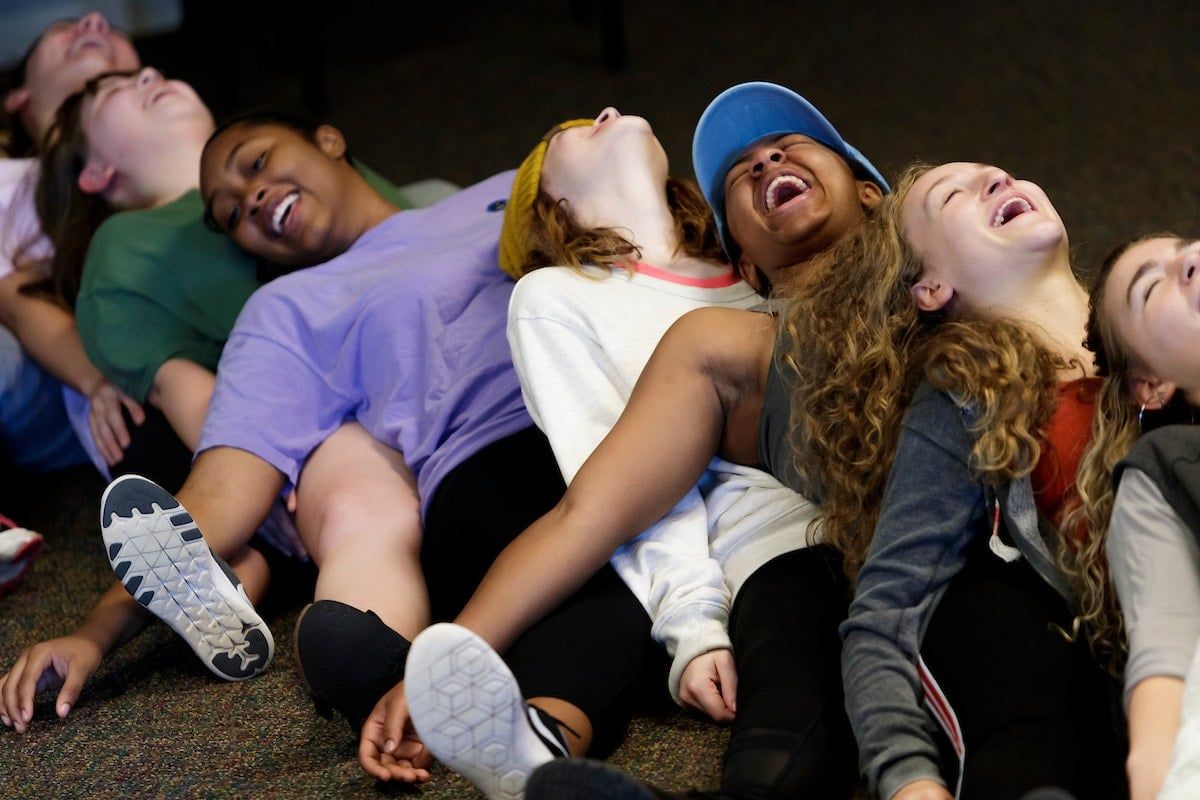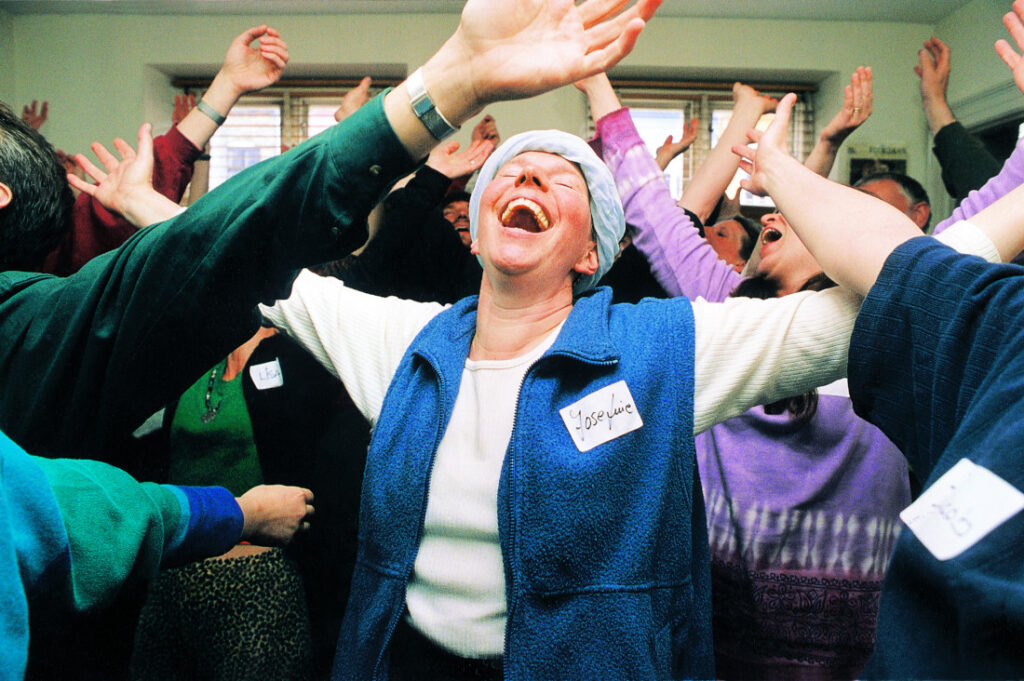
Laughter Yoga helps nursing students destress
Laughter Yoga has helped nursing students, new to university life, cope better with stress.
In fact, a research article published in Perspective in Psychiatric Care goes so far as to recommend the body-mind practice be included in first-year university students’ curriculum!
“It is a non-pharmacological intervention that students can apply on their own in daily life,” lead researcher Dr Nurtan Alan, an associate professor in the Faculty of Nursing at Dokuz Eylul University in Türkiye, said.
University life and stress
The first year of uni life can be a real shock to the system as students transition from adolescence to young adulthood.
Regardless of course content, students are likely to be navigating new social circles and economic situations. They may be living away from home for the first time, they’re maybe figuring out where they ‘fit in’ with people they meet in class or on campus; perhaps they’re carrying big family expectations too.
Nursing education has both theory and clinical components. Students may be anxious about witnessing death and dying patients, let alone making any mistake themselves.
Given that nursing has one of the highest burnout rates of all professions, surely learning how to healthily handle their own anxiety and stress early would be welcomed.
What is Laughter Yoga
Laughter Yoga combines playful laughter exercises and yoga breathing. Developed by a medical doctor in 1995, Laughter Yoga does not rely on jokes or humour.
Laughter Yoga is known to deliver a range of physical, emotional and social health benefits: stress relief tops the list.
How this research worked
The study used a mixed-methods’ approach to assess the impact of Laughter Yoga on nursing students’ stress levels.
Nursing student participants were randomly assigned to either a Laughter Yoga intervention group or a control group.
Quantitative measures such as stress scales and physiological markers were used along with qualitative interviews to gather comprehensive data.
Those who were in the intervention group attended twice-weekly Laughter Yoga sessions for three weeks.
How Laughter Yoga helps nursing students destress
The key findings of the research, leading to the recommendation of Laughter Yoga being considered as a fixture for first-year students’ learnings included:
- Reduction in Perceived Stress Levels. Nursing students who participated in Laughter Yoga sessions reported significantly lower perceived stress levels compared to the control group. Quantitative measures, including standardised stress assessment scales, consistently showed a decrease in stress scores post-intervention.
- Psychophysiological Benefits. Beyond self-reported stress levels, physiological markers such as cortisol levels and heart rate variability were also measured. Results indicated that Laughter Yoga helped regulate cortisol levels, a key stress hormone, and improved heart rate variability, suggesting enhanced autonomic nervous system function and stress resilience.
- Qualitative Insights. Participants reported feeling lighter, brighter and more socially connected.
- Longer-Term Impact. Follow-up assessments indicated that the benefits of Laughter Yoga were sustained over time for many participants.
You can read the research at this link.
Putting this research into action in Queensland
If you’re involved in the education of nursing students —or indeed any students at university—and are looking for a novel way to support their physical, emotional and social wellbeing, regular laughter yoga sessions (we call them ‘laughter club’) may be the answer.
To maximise the social wellbeing impact, laughter yoga sessions are best in-person, although they can be delivered online.
To find out more, start a conversation and find out if there is a trained facilitator near you. If there’s not a trained ‘leader’ near you, you want to consider learning how to become a laughter yoga leader yourself.
